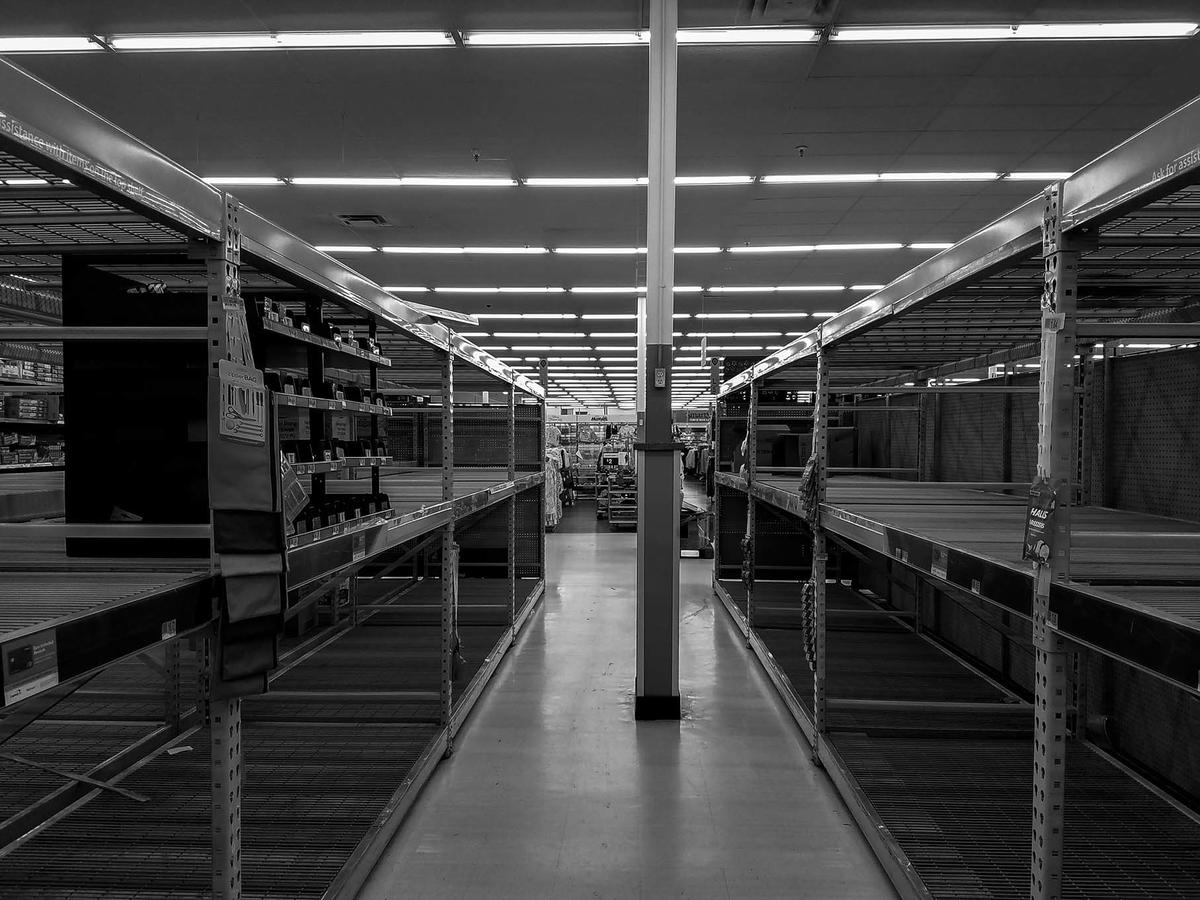As remarkable as the stunning global rise of trust in government (a 20-year peak) is the story of the U.S. as the worrisome outlier. A look at the U.S. data shows a story of division‚Äîand prolonged political and economic pain if we ≥¶≤π≤‘‚Äôt bridge the divide. It‚Äôs a trust deficit that will impact not only how we return to work, but also how we return to the polls.
In the U.S., trust in local government outstrips trust in federal government, by a staggering 20 points. Trust in federal government has remained flat since the Covid-19 pandemic hit.
There’s no other country where the trust gulf between local and federal government is greater, confirming what many perceived as we watched Governor Andrew Cuomo’s daily briefings or Governor Larry Hogan go directly to South Korea for supplies. The double-digit spikes in federal government trust in the UK (+20 points), Canada (+17) and South Korea (+13) stand in stark contrast to the U.S. We’re lagging where we want to lead—in federal government confidence—and we’re leading where we want to lag—in the dramatic divide between federal and local trust.
After a brief respite, political tension is escalating, and the divide between Republicans and Democrats is widening. Democrats trust the media 30 points more than Republicans (65 percent to 37 percent, respectively). Republicans trust the federal government nearly 20 points more than Democrats (59 percent compared to 40 percent, respectively). There is no consensus on whom to trust in media or government as far as recovery and response goes. Both parties are being painted in simplistic terms and are being forced into tired political stereotypes:‚ÄØRepublicans care only about the economy, at the expense of people. Democrats care only about people, at the expense of the economy. Republicans want to get the country back to work. Democrats want to keep us safe.
Into this steps business.
To be clear, it‚Äôs a moment when business ≥¶≤π≤‘‚Äôt escape politics. Business has long sought to be mainstream; but every action is now viewed in a hyper-political context‚Äîwhether it‚Äôs joining the economic council of a partisan governor or keeping workplaces closed despite a state re-opening.
But business cannot take to the sidelines. Sixty-three percent of American respondents express an urgency to get people safely back to work; business must balance the partisan considerations, charting a path forward within the confines set by government. It’s business that will allow people to safely return to their jobs, provide stores and restaurants that people feel safe going to and take the lead on driving consumer confidence. 
For business leaders, that means a new playbook of “constituent capitalism”—hewing more closely to the traditional operations of a political candidate, going directly to consumers and using public sentiment as a starting point for all actions and communications.
- It means forging stronger, more local partnerships with government as employees return to work.
- It means radical transparency in communications—explaining at every turn the decision to balance safety and the economy, and what that means for employees, customers, shareholders and members of the community.
- It means paying close attention to data on sentiment—because without public confidence, no action to open up the economy will be successful.
- And it means understanding this is not politics as usual. Right now, there are nuances and complexities in sentiment across communities defined by factors that include geography, socioeconomics, age, race and caregiving status.
We can already see how an opposite playbook—one focused on hushed horse-trading and deal-making—backfired for the meat-packing industry. With business receiving low marks on pandemic response thus far, CEOs have their work cut out for them as we move forward.
At the end of the day, it’s the public that will determine whether we got any of this right. Americans will cast their vote of trust as stores and restaurants re-open. And they’ll cast their literal votes in November.
Russell Dubner is President and CEO of º´¿÷ ”∆µ‚Äôs U.S. operations.
º´¿÷ ”∆µ The 2020 º´¿÷ ”∆µ Trust Barometer Spring Update:
Trust and the Covid-19 Pandemic
The 2020 º´¿÷ ”∆µ Trust Barometer Spring Update: Trust and the Covid-19 Pandemic is an update to the 2020 º´¿÷ ”∆µ Trust Barometer. The survey was conducted by º´¿÷ ”∆µ Intelligence between April 15 and April 23, and sampled more than 13,200 respondents in 11 markets: Canada, China, France, Germany, India, Japan, Mexico, Saudi Arabia, S. Korea, U.K. and U.S. 1,200 people were surveyed in each market, 100 of which were informed public. All informed public respondents met the following criteria: aged 25-64, college-educated; household income in the top quartile for their age in their country; read or watch business/news media at least several times a week; follow public policy issues in the news at least several times a week.
Please complete the form below to discuss the findings with an º´¿÷ ”∆µ advisor.







